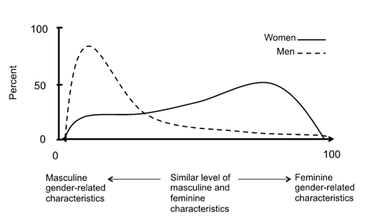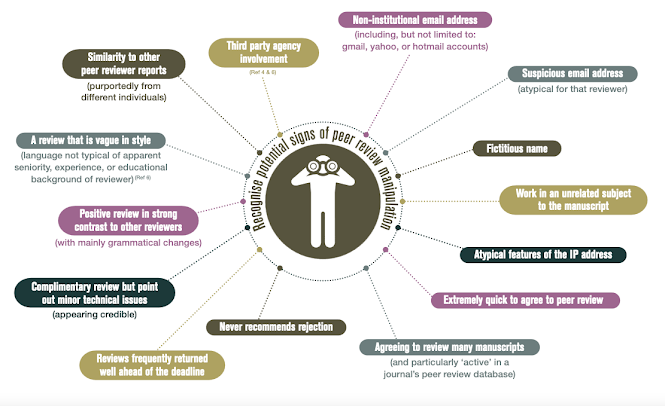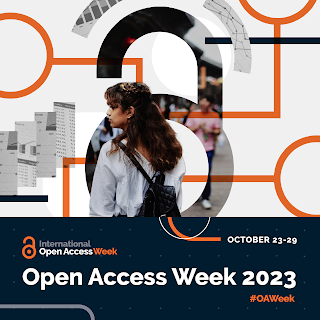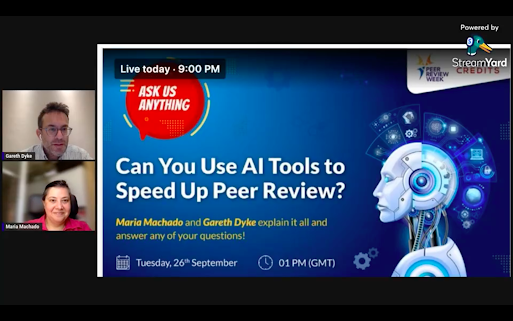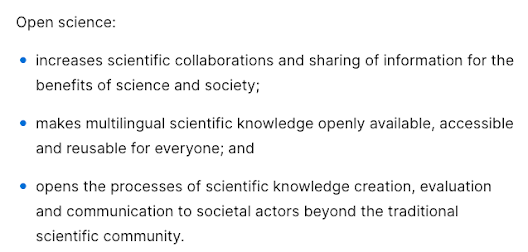A letter to Santa
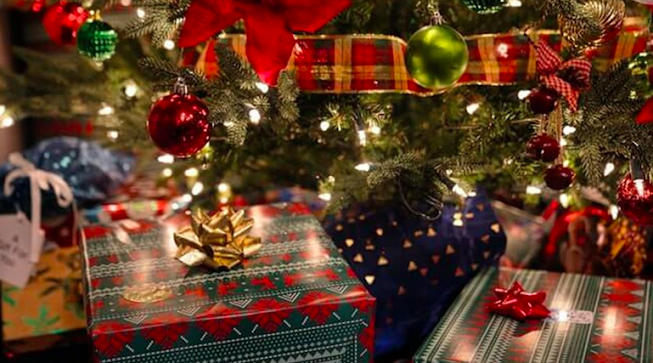
I've been a good reviewer, not given in to unwarranted comments on laguage, not given in to unjustified criticism, and always submitting my reports on time. I think I deserve some gifts 😝 Peer reviewer recognition wouldn't go amiss. Here are some thoughts on how to make the academic reviewers in your life a bit happier, relaxed, and less prone to behaving like Reviewer 2 . 1. Institutions should allocate time for peer review within their faculty appointments The time it takes to do a good job with a peer review is often underestimated. ⏳ Given that this work is not financially compensated, at least time for it should be granted as part of the expected commitment to the scholarly community. 2. Graduate courses could teach peer review, much like they teach statistics There are techniques, concepts, and skills required to perform peer review. It is important ...
